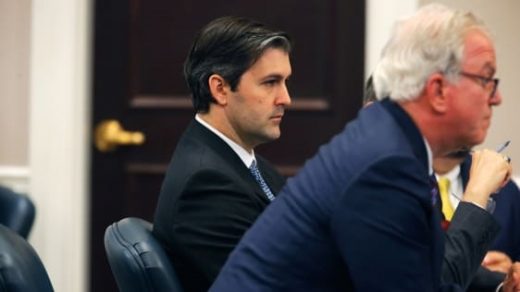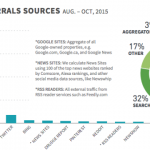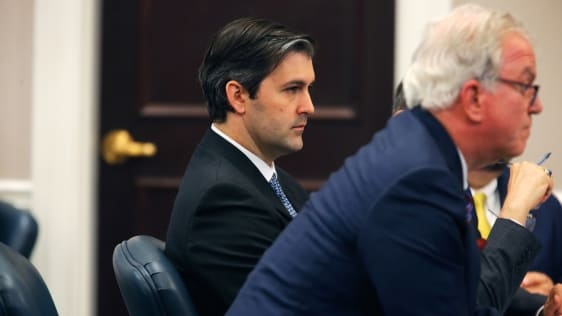Walter Scott’s Murder And The Unfulfilled Promise Of Citizen Media
Two and a half years ago, a white police officer named Michael Slager repeatedly shot an unarmed black man, Walter Scott, in the back. (December 12, 2017), Slager was finally sentenced to 20 years in prison for violently cutting 50-year-old Scott’s life decades short. The killing was, of course, documented on video by a bystander’s phone, and that footage was aired by the media and all over social networks.
This sentencing is noteworthy because black men are almost three times more likely than white men to be killed by cops–and civilian deaths at the hands of police officers rarely result in real punishment. For example, in 2015, The Guardian found over 1,100 Americans were killed by police–but not one cop was convicted that year.
There are a litany of reasons why juries struggle to find cops guilty. Policing is dangerous work and many cops put their lives on the line every day to protect us–last year, 64 cops were killed by firearms in America. Consequently, jurors may be more willing to give cops the benefit of the doubt. Racism and racial bias certainly play a role–juries are often not very diverse, despite evidence published by the American Psychological Association that suggests interracial juries make fewer factual mistakes; even the Supreme Court has expressed its concerns about the role of racism in jury deliberations.
But this time around, the cop who murdered the black citizen isn’t getting away with it. I say that even as I know no jury ever actually found Slager guilty (despite that damning video) and that the full punishment prosecutors were aiming for wasn’t achieved. But the fact that they got this far in the case is due in large part to the mighty little camera phone, the distribution power of social media, and most of all, Feidin Santana, the modern-day George Holliday who bravely kept filming even as Slager drew his gun and pointed it at Scott’s retreating figure.
In the scheme of things, Slager’s sentence is a small, bitter spoonful of justice. It is also a brief but moving reminder of the early promise of cameraphones and the mobile internet. For much of my life, I was bitterly cynical about the media. It was, I felt, controlled by the powerful, and the voices of everyday people were excluded. The media covered what it wanted to cover, not what the public wanted it to cover. That was my view.
When mobile video and social networks were used to broadcast violence and oppression after the 2009 Iranian election, I knew there was misinformation flying around, but the benefits seemed to outweigh the effort it took to discern fiction from fact. I thought: Wow, wow, wow, look what the camera phone is doing–now the mainstream media will not be able to ignore the public’s voices, journalism will be democratized, everyone will be able to more easily document and broadcast the truth, and thus more justice will be served all over the world.
For a few years, it seemed like that might be happening, especially during the Arab Spring and Occupy Wall Street, before we knew those movements wouldn’t result in the democratic awakenings many had hoped for. Since then, the internet has seemed to grow darker every year–harrassment, propaganda, misinformation. People die of police-inflicted gunshot wounds on camera and their killers don’t go to jail. A man’s death is streamed on Facebook Live and the officer gets a buyout. All of this has naturally helped dampen my faith that we can build a smartphone-catalyzed, egalitarian, citizen-powered media that holds power accountable and shines a light on what is true.
That said, reading about this result in the Scott case–not that anything can ever make up for the loss of his life–reminds me of that earnest belief I once had in the potential of distributed news systems and smartphones to make the world more fair. It may be naive to think that more justice in police brutality cases might be coming, but please do forgive me if I spend a few minutes allowing myself to hope that the battle for truth is not entirely lost.
Fast Company , Read Full Story
(23)














